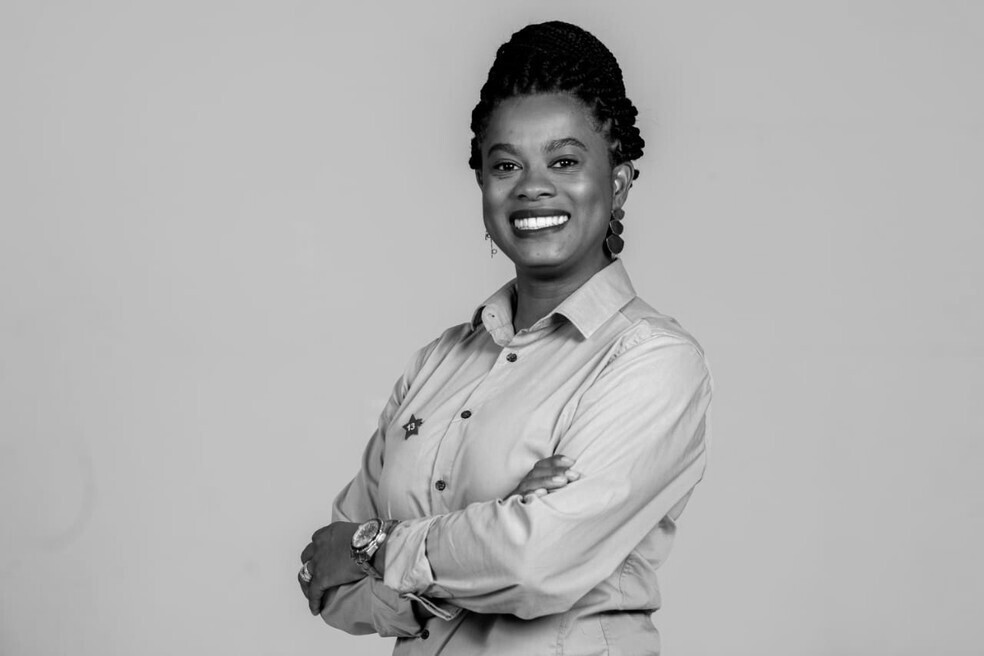“We view the state of Parana as a laboratory for all of Bolsonaro’s worst ideas,” says Dartora, who is the first Afro-Brazilian woman elected in the 327 year history of the Curitiba City Council.
With Brian Mier
Curitiba, center of the US DOJ and FBI-backed Lava Jato investigation, has a reputation as a very conservative city.
Priding itself on its German, Italian, Ukrainian and Polish heritage, during the 1930s it was the site of the largest Nazi rally ever to take place outside of Europe, and a recent study shows that there are currently at least 66 neonazi cells operating in the state of Parana.
An estimated 20% of its population of 1.8 million are Afro-Brazilian, but it took until October, 2020, to elect its first black woman city councilor: history teacher and union activist Carol Dartora, from the Workers Party (Partido dos Trabalhadores/PT).
This interview was conducted in person in Curitiba on December 16th.
Why do you believe your candidacy was important in Curitiba?
Curitiba needed this representation but still needs a lot more than this. The poor and black population in Curitiba is invisible. I brought this issue into the debate and the people trusted me with their votes. I understand that they needed this representation and also the discourse which I promote demonstrating that Curitiba is a city that is structurally racist. I believe this was an important factor in my election.
Do you believe that there is a difference in terms of structural racism between Curitiba and the rest of Brazil?
I think there is. Curitiba is an extremely authoritarian city. Of course racism is a structural problem in all Brazilian cities – Brazil is a racist country. But Curitiba, especially, is built on and continues to propagate this image that it is a white city and it organizes to push the poor, black population to the periphery. Curitiba has clearly eugenicist policies.
As a teacher and union activist, can you explain what the main fight underway against the state governor is?
We view the state of Parana as a laboratory for all of Bolsonaro’s worst ideas. We have a governor, Ratinho Jr., who is allied with Bolsonaro, who is attempted to completely dismantle the education system, and devalue all the workers in the education system. They just announced layoffs of more than 9000 public school employees, who will be replaced by outsourced workers from private companies. It is a radically neoliberal policy that will destroy public education.
Since your electoral victory was announced, you have become the target of racist harassment and threats. What are you doing to protect yourself?
I filed charged in the police station. The death threats I received appear to be from the same group that other recently elected black woman city councilors are receiving in places like Belo Horizonte and Joinville. So there was already an investigation underway when I filed charges. And we see that it is a neo-nazi group that has been making these attacks for a long time. So we are fighting so that we can find out who they are and punish them to show that this is a type of violence, and that racism is a crime in Brazil.
Marielle Franco was one of the first black woman city councilors in Rio de Janeiro, and she was assassinated.
Unfortunately.
Does she inspire you?
She is, undoubtedly, a source of inspiration for all of us. I think that the raising of the tone of debate over black women’s participation in politics has come as a consequence of Marielle’s death. And now we have a network of black women elected to public office and the Marielle Franco Institute participates in it. It’s a support and protection network working so our voices are not silenced anymore, as happened with Marielle.
How do you think the world of Congresswoman Benedita da Silva (PT) behind the scenes to pressure the superior electoral court to order political party’s campaign money to be distributed equitably to Afro-Brazilian candidates influenced the elections this year?
It was fundamental in improving Brazil’s democratic mechanisms, considering the sub-representation of the black population. We know there are many barriers and economic power is one of these barriers. We don’t have economic power. So it was very important that Benedita da Silva pushed through this law, which was developed by the black movement, so that we could have our candidacies supported better.
[qpp]

